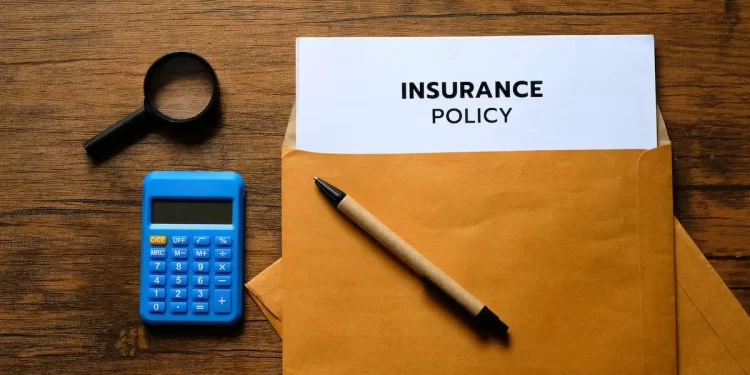Minimising Claims in Marine Insurance: Best Practices

The maritime industry, a cornerstone of global transportation and trade, is not without its challenges and risks. This is why businesses often look for marine insurance plans, recognising the important role they play in mitigating potential losses.
Marine insurance plans provide a vital shield of financial protection to ship owners, businesses, operators and others, safeguarding them against unforeseen scenarios.
However, frequent claims can lead to higher premiums and increased costs. In this guide, we will delve into best practices to minimise maritime insurance claims.
Understanding Maritime Insurance Claim
The marine insurance claim in the maritime industry arises when goods in transit are affected by incidents. These unexpected incidents can lead to damage to goods or total loss. Hence, to mitigate the financial losses, policyholders make a marine insurance claims procedure.
Under the plan, the policyholder gets coverage for insured goods and cargo during transit. The marine insurance claim settlement depends on meticulous documentation and adherence to policy terms and conditions.
However, there are times when claims are rejected even after being made. This is due to various reasons, such as non-compliance with the policy’s conditions, delayed reporting, insufficient packaging, fraud claims and more. Hence, it is crucial for businesses to ensure proper safety measures and practice industry standards to avoid claim rejection.
Top Ways to Minimise the Marine Insurance Claims
Frequent claims in marine insurance can lead to higher premiums, placing an extra financial burden on policyholders. Therefore, it is crucial to adopt the best practices to avoid total loss in marine insurance. Some of these practices to minimise marine insurance claims are:
Risk Assessment and Management
One of the most effective ways to minimise marine insurance claims is to conduct comprehensive risk assessment.
By identifying potential risks during transit, proactive risk management strategies can be established. This not only helps prevent incidents but also ensures the security of goods during transit.
Proper Packaging and Labelling
Most incidents involving cargo damage are caused by improper packaging and labelling. Hence, the first line of defence against cargo loss or damage is to implement proper packaging and securing strategies.
Depending on the type of goods, there are packaging methods. Therefore, ensure that goods are properly packaged and labelled before transit to avoid marine insurance claims.
Cargo Tracking and Monitoring
Another best practice to avoid maritime insurance claims is investing in advanced monitoring and tracking devices. These advanced devices offer real-time visibility of the cargo’s condition and location.
These modern devices are equipped with technologies like temperature sensors, GPS tracking and more. Using this, shippers and businesses will take adequate actions to prevent further loss or damage to cargo.
Training and Education
Another way to minimise marine insurance claims is to educate operators about proper handling techniques, safety standards and cargo loading procedures. Most incidents happen due to poor knowledge or negligence, which leads to substantial financial loss.
Offering proper training and education to workers employed in logistics and shipping businesses can help minimise potential incidents, which further minimises claims.
Choose Reliable Carriers and Service Providers
Shipping businesses have many risks and challenges. Hence, choosing reliable carriers and service providers is crucial to prevent unforeseen damages and losses.
By collaborating with established shipping lines and logistic providers, businesses can significantly reduce their risk.
These are experienced businesses with proven track records and safety standard protocols, which will help contribute to smoother business operations.
Choose Comprehensive Marine Insurance Coverage
It is important to invest in practices that help minimise claims, but businesses should also be mindful of the worst-case scenarios.
Comprehensive marine insurance plans from leading insurers like TATA AIG that are tailored to businesses’ unique requirements and interests can mitigate potential financial losses.
The plan is customised based on business requirements offering adequate coverage and protection to business against unforeseen scenarios.
Conclusion
The maritime industry has many risks and challenges. A million things can go wrong while importing and exporting goods. Considering this, businesses invest in adequate marine insurance plans.
However, investing in marine insurance plans is not enough if shippers do not have a proactive and systematic approach to preventing loss or damage to cargo.
Considering this, the aforementioned best practices help prevent cargo loss and damage and minimise marine insurance claims.






